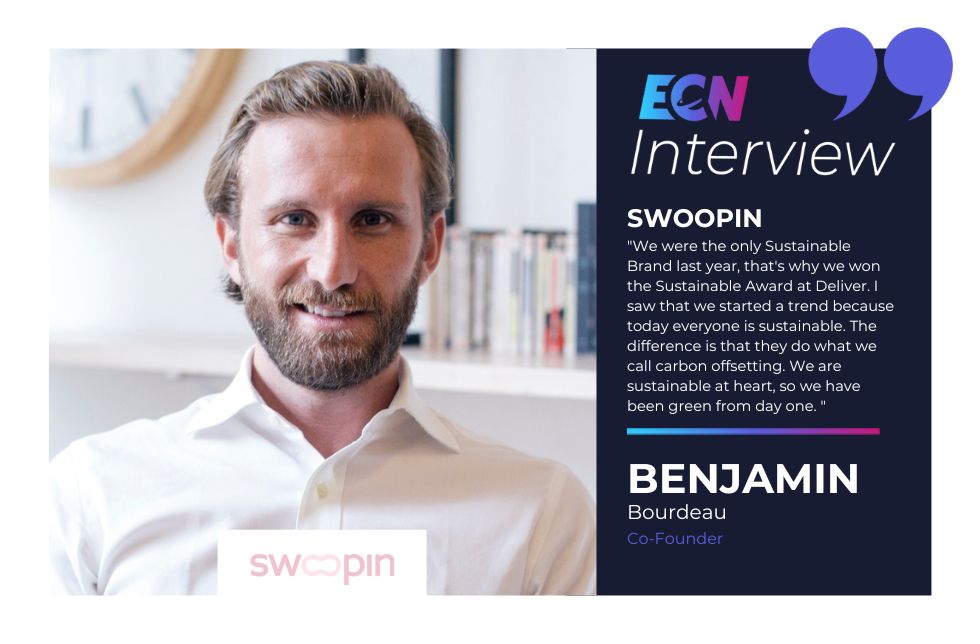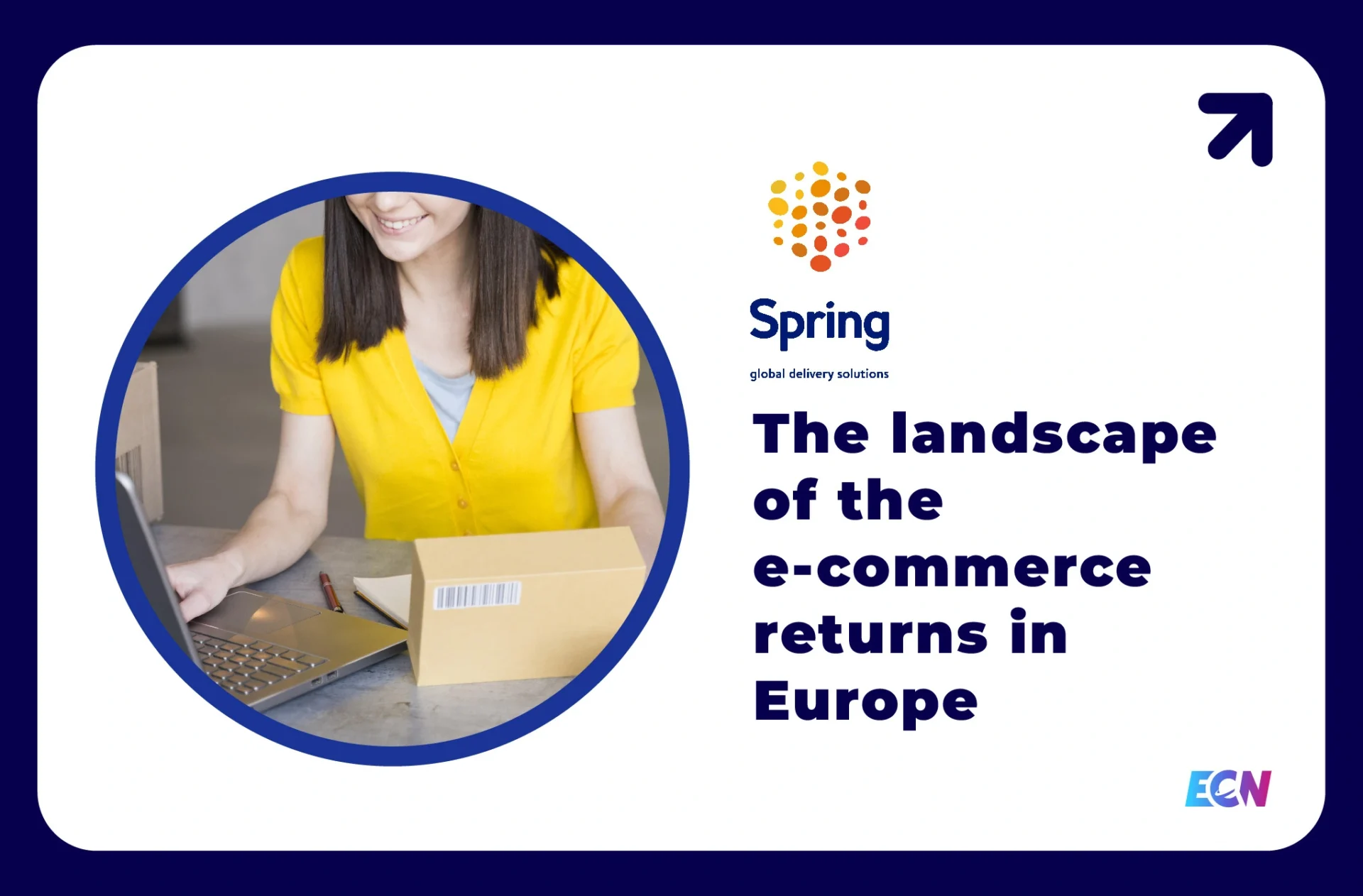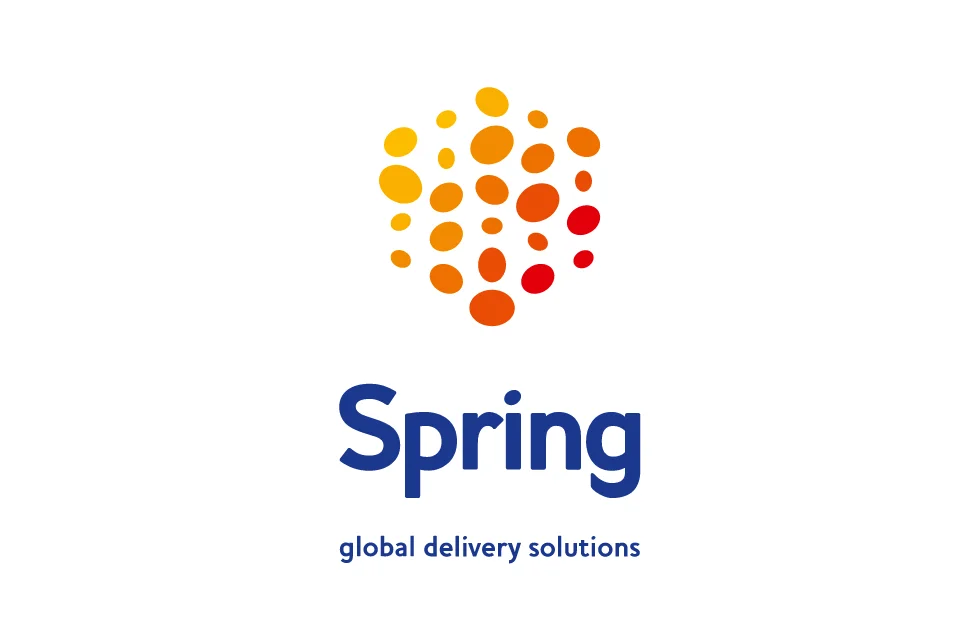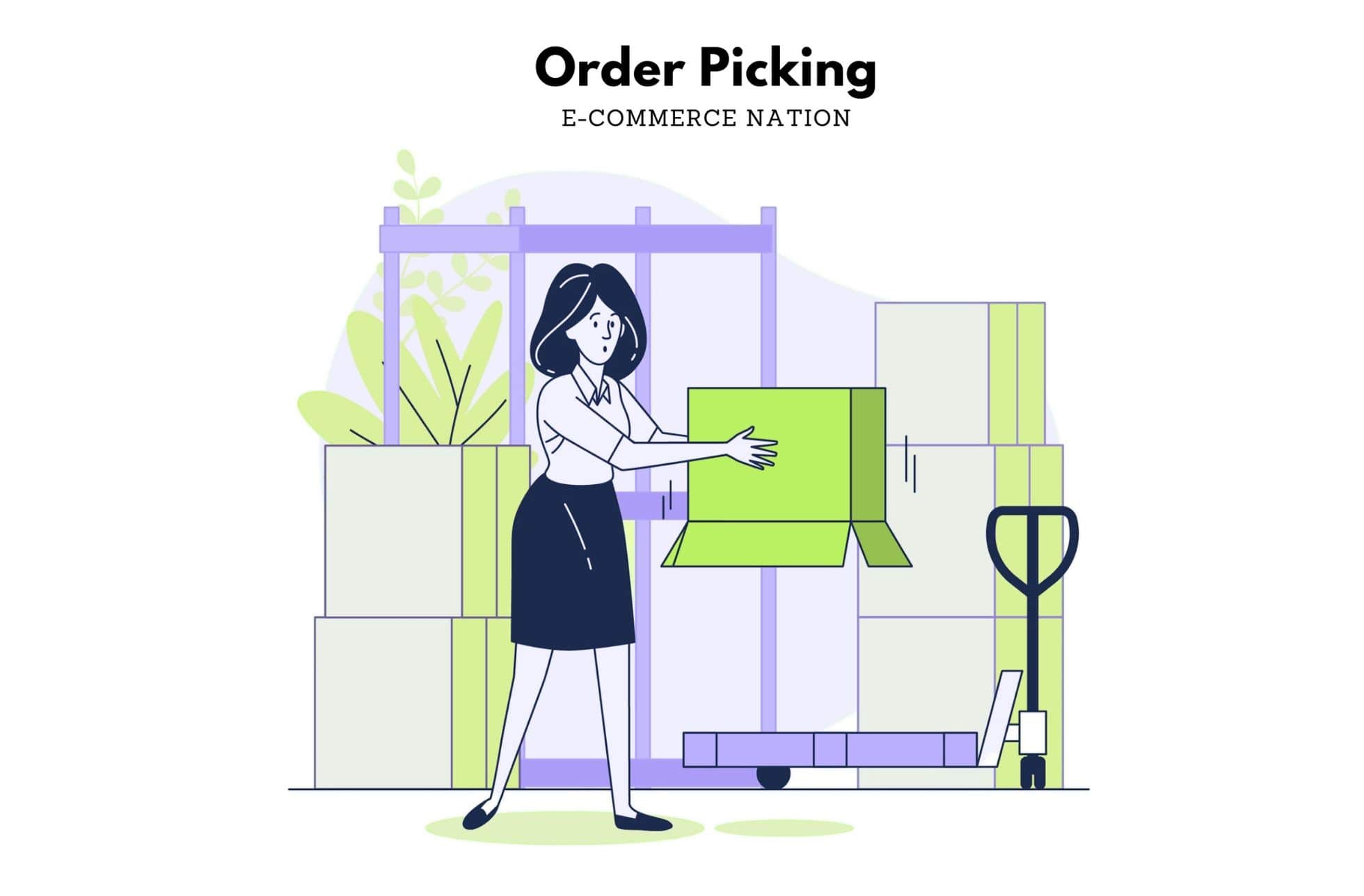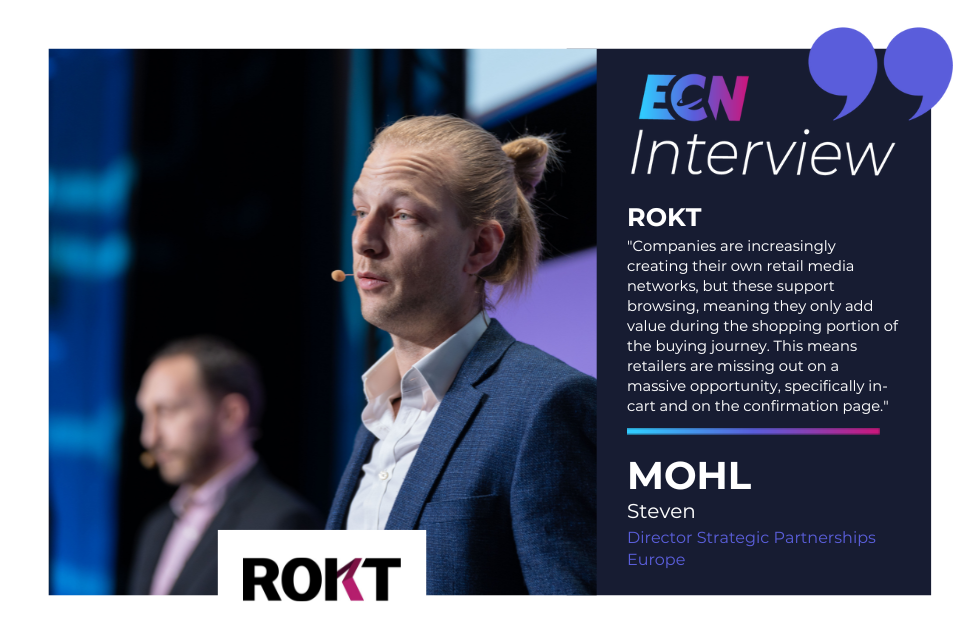On June 8 and 9, 2022, Deliver Event took place in Amsterdam. This event gave us the opportunity to meet and exchange with logistics solutions from all over the world.
In this context, I had the opportunity to exchange with Benjamin Bourdeau, co-founder at SWOOPIN. Benjamin and I were able to discuss various topics, such as green logistics, first and last mile delivery:
Can you introduce yourself and your background?
I am Benjamin, co-founder of SWOOPIN. The SWOOPIN brand was created in 2019 and we are the leaders in green delivery in Europe. We operate in 3 major countries which are: France where we are present in 12 cities (45% of the French population), Belgium (100% of the territory) as well as Italy (in the first 3 cities).
This year, we will open several new countries, notably the Netherlands and Germany. Next year, it will be the turn of the United Kingdom.
What actions are you implementing with your clients?
We do first mile and last mile delivery. In the first mile, we pick up the packages from the merchants’ warehouses using only natural gas-powered shuttles.
On the last mile, we adopt an ecological delivery with a mix of vehicles, tri-carriers, electric bikes and scooters, electric vans, … All this for a last mile that is efficient, 100% green and very fast.
Do you arrange partnerships with logistics providers to implement this?
We subcontract with what we call local players, to whom we provide 3 strategic assets, with our optimization technology, the ecological vehicles as well as the urban city hubs that allow them to get closer to the consumption area.
Have you ever had specific requests from customers with constraints in their city?
We are tailor-made and do not have any standards. We often come and bring our expertise, especially when we are dealing with foreign e-retailers. I take the example of Bordeaux where the city center is difficult to access after 5pm. In this case, we will recommend the use of a majority of bicycles.
You do food delivery, how is it organized?
We do what we call fresh delivery. In fact, we make distributions with refrigerated shuttles that also run on natural gas. Unfortunately, it is not yet possible to have electric refrigerated shuttles, given the energy consumption.
How important is data in your logistics processes?
We are very data-centric. First of all, the data collected allows us, as we do not cover the entire territory, to know where we should open our city hubs while respecting our ecological commitment to the maximum.
We started with 12 cities, so 12 city hubs in France. In Paris, this year, we have opened 3 more. In all, we have 4 hubs to cover the whole of the Paris region. We have been able to do this efficiently thanks to data.
Then, we use statistics around the D.O.P. (Delivery on Promise), thus analyzing the efficiency of the delivery.
Finally, we are the only ones able to provide precise data on our CO2 emissions. We are able to give the consumption for each of the parcels, it is not a simple division made on all the deliveries made. The data is then communicated to our customers on a quarterly basis.
What logistics trends do you see developing in the next 5 years?
We were the only Sustainable Brand last year, that’s why we won the Sustainable Award at Deliver. I saw that we started a trend because today everyone is sustainable. The difference is that they do what we call carbon offsetting. We are sustainable at heart, so we have been green from day one. We have built our entire logistics architecture around the idea of creating the European leader in ecological and ethical delivery.
So there is a trend around that. Large e-retailers want to go green while maintaining efficiency and price. At some point, they have to go through us. The most important thing is to adopt ecological processes while going further in customer satisfaction.
To organize this, we have moved away from the traditional carriers, who have sorting centers by region, located far from the cities. We prefer to have one sorting center per country, which then distributes the parcels in different urban city hubs, which then allows the use of electric or natural gas vehicles.
Do you think sustainability is just a CSR argument by companies or do you think we are really in the process of tackling a fundamental problem?
I think there are both.
There is a greenwashing side and an involved side. For example H&M has some bad stories a few years ago. Those problems were about the design with S.O.S messages found in the labels for example. So they decided to focus on sustainability, intensively. They created a dedicated office for this, which is very important and offers one of the best expertise thanks to very qualified teams. It’s something that is now part of their DNA and they have turned it around. For them, it is a real will and we are far from greenwashing.
When we go looking for sustainability, we do it to the end by looking for the greenest possible solution. For example, with the war in Ukraine, we refused to make deliveries on gas trucks, sometimes, because it came from the United States. This was an ecological nonsense.
That’s why we got the B Corp label. We are one of the only delivery companies to have it.
We are on the Deliver, this is not your first participation. What do you think of this edition compared to last year?
Very good edition. We had already done the last edition (October) in physics. There are some more interesting customers on this one, they went further.
Last year, we managed to fill our pipe thanks to Deliver, that’s why we absolutely wanted to come back on both days.

